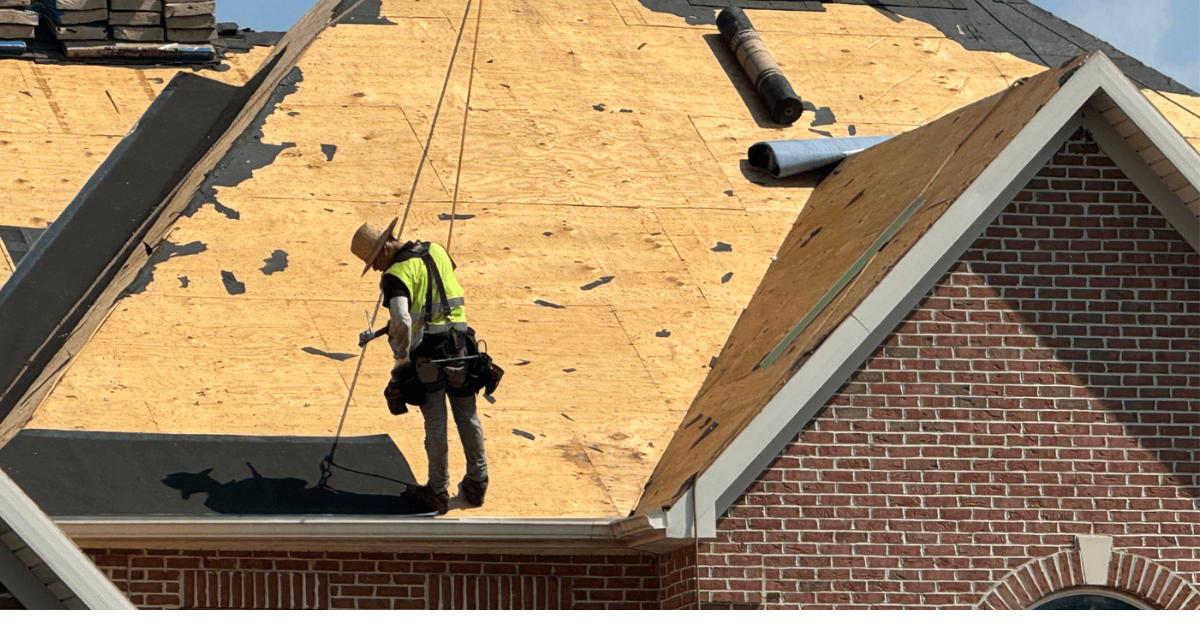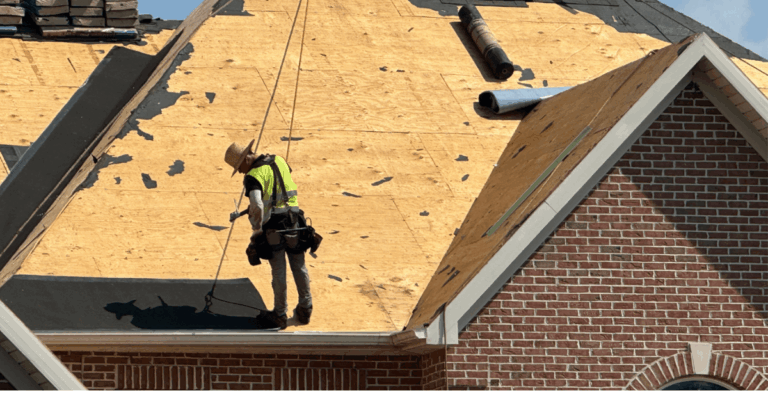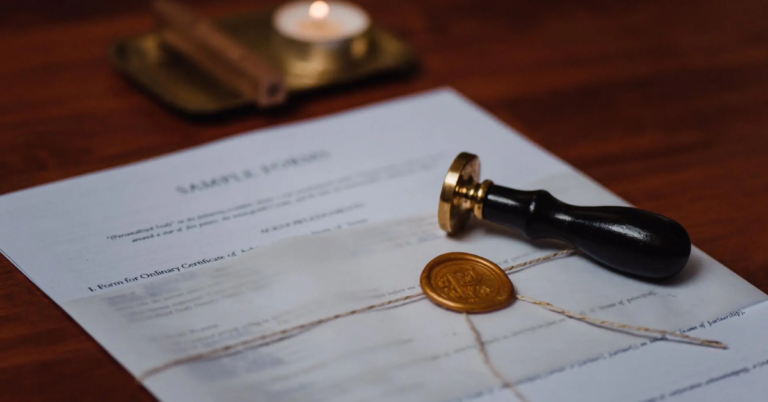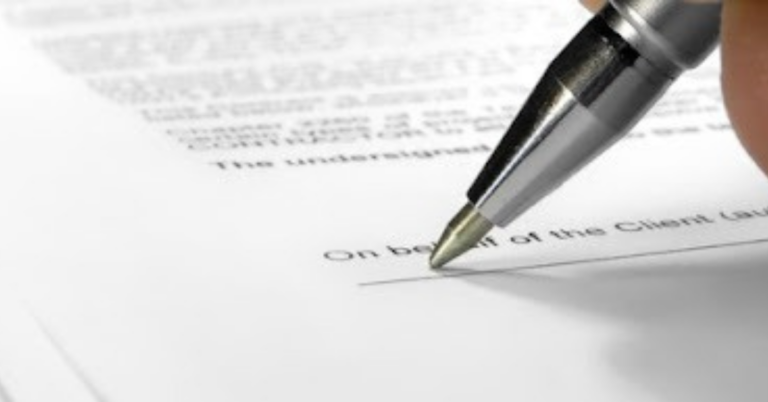Top Roofing Companies in the Bronx: What You Need to Know Before Hiring
When it comes to safeguarding your home or business, selecting the right Roofing Companies in The Bronx is critical. The right roofing contractor not only ensures a sturdy, weather resistant roof, but also brings local knowledge, proper permits, safety practices, and warranty support. In a borough like the Bronx, where buildings face seasonal extremes, dense surroundings, and code requirements, choosing a professional roofer is not something you should leave to chance.
In this article, we’ll explore what roofing companies in the Bronx typically offer, how to vet them, the types of roofing systems common in the area, cost factors, the work process, maintenance tips, and how to make sure your roofing investment pays off.
What Roofing Companies in the Bronx Do
Roofing companies in the Bronx offer a spectrum of services tailored to the needs of residential, commercial, and industrial buildings in the area. Their offerings typically include:
-
Roof inspections and assessments: Evaluating existing damage, structural integrity, and leak potential.
-
Roof repairs: Fixing leaks, damaged flashing, cracked membranes, and localized issues.
-
Roof replacement or re-roofing: Removing old materials and installing a new roof system.
-
New roof installations: For newly constructed buildings or additions.
-
Flat roof systems: Because many buildings in the Bronx have flat or low-slope roofs, contractors often specialize in EPDM, TPO, modified bitumen, or built-up roofing.
-
Maintenance and restoration: Cleaning, patching, waterproofing, recoating, or surface restoration to extend roof life.
-
Specialty services: Skylight installation, gutter and drainage work, roof insulation, ventilation upgrades, and emergency repairs.
A good Bronx roofer understands local architectural styles, building heights, access constraints, and prevailing weather conditions.
Why Hire a Local Bronx Roofing Company
Here’s why choosing a Bronx-based roofing company gives you an edge:
-
Local knowledge & experience
The Bronx faces snow loads, freeze-thaw cycles, heat, and humidity. Local roofers understand how materials age under these conditions, common leak points, and the nuances of Bronx city buildings. -
Familiarity with permits and codes
Roofing work in the Bronx often requires permits or inspections. Local contractors know the rules, submission processes, and how to coordinate with municipal inspectors. This reduces delays or compliance issues. -
Faster response & accountability
Local companies can respond more quickly to repairs, emergencies, or warranty callbacks. Their reputation in the neighborhood matters, so they are more likely to stand by their work. -
Access logistics handling
Bronx buildings often have tight spaces, limited staging zones, or height challenges. Local roofers are experienced in managing scaffolding, street access, and worker safety in constrained urban settings. -
Warranty reliability
If a contractor is local and established, it’s easier to enforce labor warranties or follow-up work if issues arise. A distant or fly-by-night contractor may vanish when there’s a problem.
How to Vet Roofing Companies in the Bronx
Choosing the right company can make or break your project. Here are steps to properly vet roofing contractors:
License, Insurance & Credentials
-
Ask for proof of liability insurance and workers’ compensation.
-
Confirm they are licensed or registered to perform roofing work in New York City or the Bronx.
-
Check whether they are bonded (in case of incomplete or defective work).
-
See if they are associated with roofing trade organizations or manufacturer certification programs.
Experience & Specialization
-
Ask how many years they’ve been operating in the Bronx or NYC.
-
Request examples and photos of prior work, especially in similar building types (flats, multi-family, older structures).
-
Inquire whether they specialize in flat roofing, which is common in the Bronx, or in sloped roofs.
References & Reviews
-
Ask for client references or testimonials.
-
Check independent review platforms or local business bureaus to see their reputation.
-
Visit some of their past job sites in your neighborhood if possible, to see the quality.
Detailed Written Estimate & Scope
-
The estimate should include labor, material costs, disposal, permits, timeline, and risks.
-
The scope should clearly define what is included (e.g. flashing, underlayment, ventilation) and what is not.
-
Avoid contractors who give only verbal quotes or “ballpark” figures.
Warranties & Guarantees
-
Ask what warranties are offered on workmanship (labor) and on materials (manufacturer).
-
Clarify how warranty claims are handled, response times, and durability clauses.
Communication & Professionalism
-
A good contractor responds promptly, listens to your concerns, and explains the work clearly.
-
They should provide a timeline, communicate delays, and show respect for your property.
Payment Terms & Contracts
-
Avoid paying the full amount upfront; a partial down payment is acceptable, with the balance due upon satisfactory completion.
-
Use a written contract that outlines the scope, payment schedule, cleanup obligations, and warranty.
Common Roofing Systems in Bronx Properties
Because of local building styles and weather, certain roofing systems are more prevalent in the Bronx:
-
Flat / low-slope roofing: Common on multifamily and commercial buildings. Systems may include EPDM (rubber), TPO, modified bitumen, built-up roofing, or liquid-applied membranes.
-
Asphalt shingle roofs: Often found on houses, townhouses, or small structures attached to larger buildings.
-
Metal roofing: Gaining popularity due to durability and modern aesthetics.
-
Insulated / fully-adhered systems: Energy codes often drive requirements for thermal performance under roofs.
-
Green roof systems: Some properties may incorporate vegetation, drainage, and waterproofing layers.
A quality Bronx roofing company can assess the structural limits, drainage, load capacity, and waterproofing needs of your building and recommend the ideal system.
Cost Drivers for Bronx Roofing Projects
Roofing costs vary widely depending on many factors. Here are key cost drivers to expect:
-
Roof size and pitch
The larger and steeper the roof, the more labor and material needs. -
Scope of damage / repair volume
If structural components need replacement or extensive repairs, costs increase. -
Type and quality of materials
Premium membranes, thicker underlayments, or high end shingles cost more but last longer. -
Access & site logistics
Difficulty in staging materials, hoisting, or limited space adds to costs. -
Tear-off & disposal
Stripping old roofing, disposal fees, and debris removal are significant. -
Permitting & inspections
Permit fees, engineering oversight, or inspection costs may factor in. -
Warranty and labor coverage
Guarantees and longer warranties often come at a premium.
A full roof replacement on a medium building in the Bronx may cost several thousand dollars, while smaller repairs might run in the lower hundreds to low thousands. Always compare detailed proposals, not just bottom-line prices.
Typical Roofing Project Workflow
Understanding how a roofing company works helps you stay informed during the project. Here’s a typical sequence:
-
Preliminary inspection
Roofers examine your roof, note damage, measure dimensions, and identify structural concerns. -
Proposal & contract
You receive a written estimate and contract. Once accepted, the contractor pulls permits. -
Site preparation
Protection is installed for gutters, walls, landscaping, and adjacent surfaces. Safety systems (scaffolding, harnesses) are set up. -
Tear-off / demolition (if needed)
Old roofing layers and damaged components are removed. -
Structural repairs
Rotting sheathing, damaged framing, or compromised flashing are replaced or reinforced. -
Roof installation
New underlayment, membrane or shingles, flashing, insulation, and drainage components are installed. -
Quality checks & corrections
Roofers inspect their work, seal transitions, test waterproofing, and correct any imperfections. -
Cleanup & final walkthrough
All waste is removed, and you are walked through the finished roof. -
Final inspection & permits
Local authorities may inspect the roof before signoff. -
Warranty handover & maintenance guidance
You receive warranty documents and a maintenance plan for your roof.
Maintenance & Long-Term Care
A roof is only as good as its maintenance. After installation or repair, do the following:
-
Annual inspections by professionals to catch early leaks or flashings issues.
-
Clean debris, drains, and gutters to prevent clogging or ponding water.
-
Address small defects quickly, such as cracked sealants, loose flashings, or worn seams.
-
Avoid heavy rooftop traffic or sharp loads that stress material.
-
Document all services and inspections for warranty claims.
-
Schedule periodic waterproofing or coatings (if the system allows) to slow aging.
Tips to Make Your Roofing Project a Success
-
Don’t base your decision on lowest price alone. Quality workmanship, materials, and warranties often cost more, but save money long term.
-
Ask questions: Insist on knowing exactly what you’re getting (membranes, thicknesses, flashing details, ventilation).
-
Require uphill-to-downhill drainage: Ensure the design prevents water ponding.
-
Prioritize ventilation: A roof with poor ventilation can trap heat and moisture, shortening its life.
-
Check for manufacturer certifications: Contractors certified by membrane or shingle manufacturers often provide better warranties.
-
Get everything in writing: Change orders, added work, payment schedule clarity protects both parties.
-
Schedule during favorable weather: Roofing work is ideally done in dry, moderate conditions to avoid damage or delays.
Final Thoughts
In a dense urban setting like the Bronx, your roof is mission-critical. It must resist leaks, handle storms, and punctuate your property’s durability. Choosing among the many roofing companies in the Bronx is a decision that demands due diligence, clarity, and awareness. By vetting credentials, understanding local challenges, evaluating proposals, and staying involved during the project, you ensure that your roofing investment becomes a long lasting, reliable asset.
If you like, I can prepare you a short comparison of five top Bronx roofing companies (with pros and cons) or a “checklist you must give to a contractor” to bring along when you meet them. Do you want me to do that?







